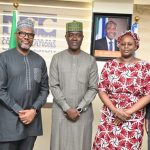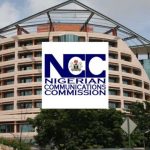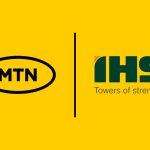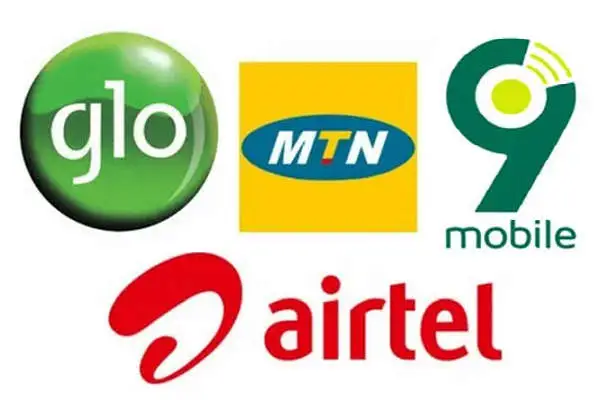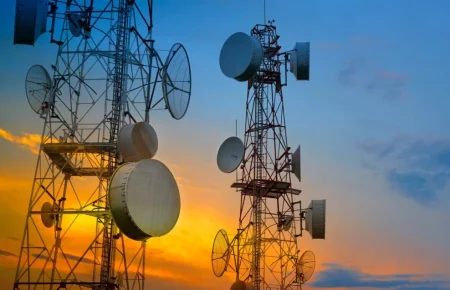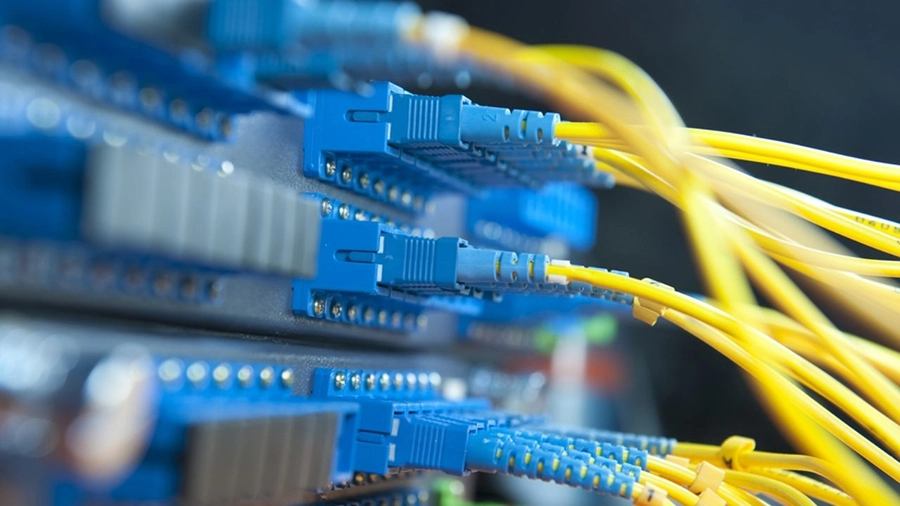Top Authors
Popular Posts
ATCON Leadership Visits NCC, Strengthens Collaboration on QoS and Underserved Areas
NCC Calls for Stakeholder Input on Review of National Telecommunications Policy 2000
MTN’s $6.2bn IHS Deal Faces Federal Government Review Amid Telecom Monopoly Concerns
Nigeria’s Broadband Penetration Hits 48.15% in April 2025, Still Trails Behind 70% National Target
May 26, 2025
Nigeria’s broadband penetration climbed to 48.15% in April 2025,...
Over One Million Cancel Broadband Amid High Cost Living – Survey
May 18, 2023
Up to one million people cancelled their broadband in the last...
Broadband Subscriptions Maintain Steady Growth, Reached 92.6m in February 2023
April 9, 2023
After maintaining a steady growth rate in one year, Nigeria’s...
Top 7 Trends That Will Shape Nigeria’s ICT Sector In 2023
December 31, 2022
The information and communication technology (ICT) sector in...
22 Institutions gets Supports as Nigerian Govt Records Landmark Achievements in Broadband Penetration
November 26, 2022
Over 22 institutions in Nigeria, made-up of 18 universities, and...
Pantami to Kick-Start Landmark Broadband Projects in Abuja
November 21, 2022
Minister of Communications and Digital Economy, Prof. Isa...
NCC Inaugurates Committee to Accelerate Broadband Infrastructure Deployment
November 7, 2022
In a bid to give verve to expansion of broadband services in the...
Nigeria’s Broadband Penetration Under Threat as Telecos Hike Data Prices
October 12, 2022
Nigeria’s plan to achieve a 90% broadband penetration by...
Nigerian Telecoms Sector Achieves 165% Growth in Q2
September 12, 2022
This figure surpasses the income the sector made in 2021 and is...
MTN Boosts FG’s Plan to Achieve 70% Internet Broadband Penetration
August 19, 2022
The Federal Government’s plan to achieve 70 per cent internet...

